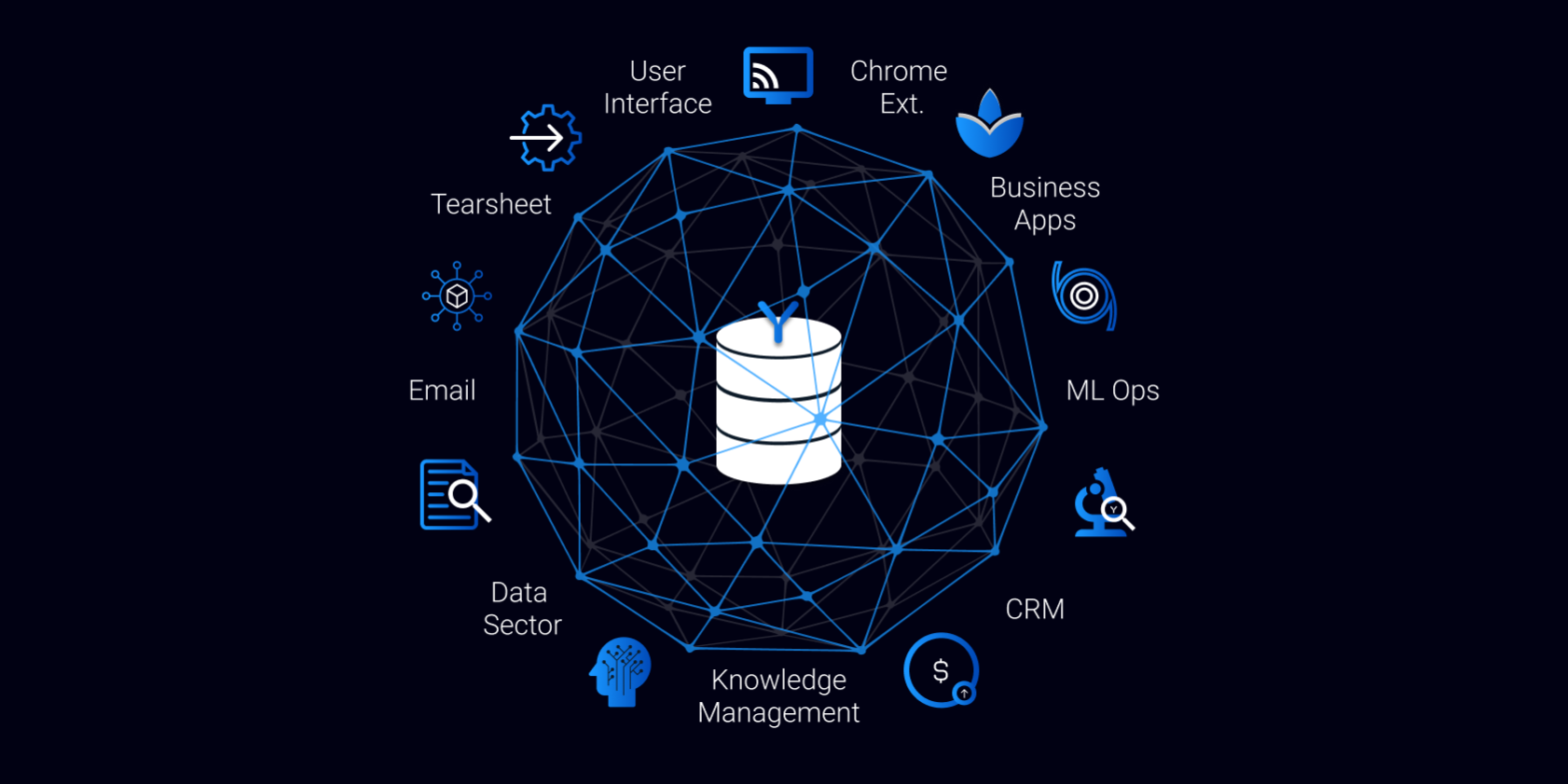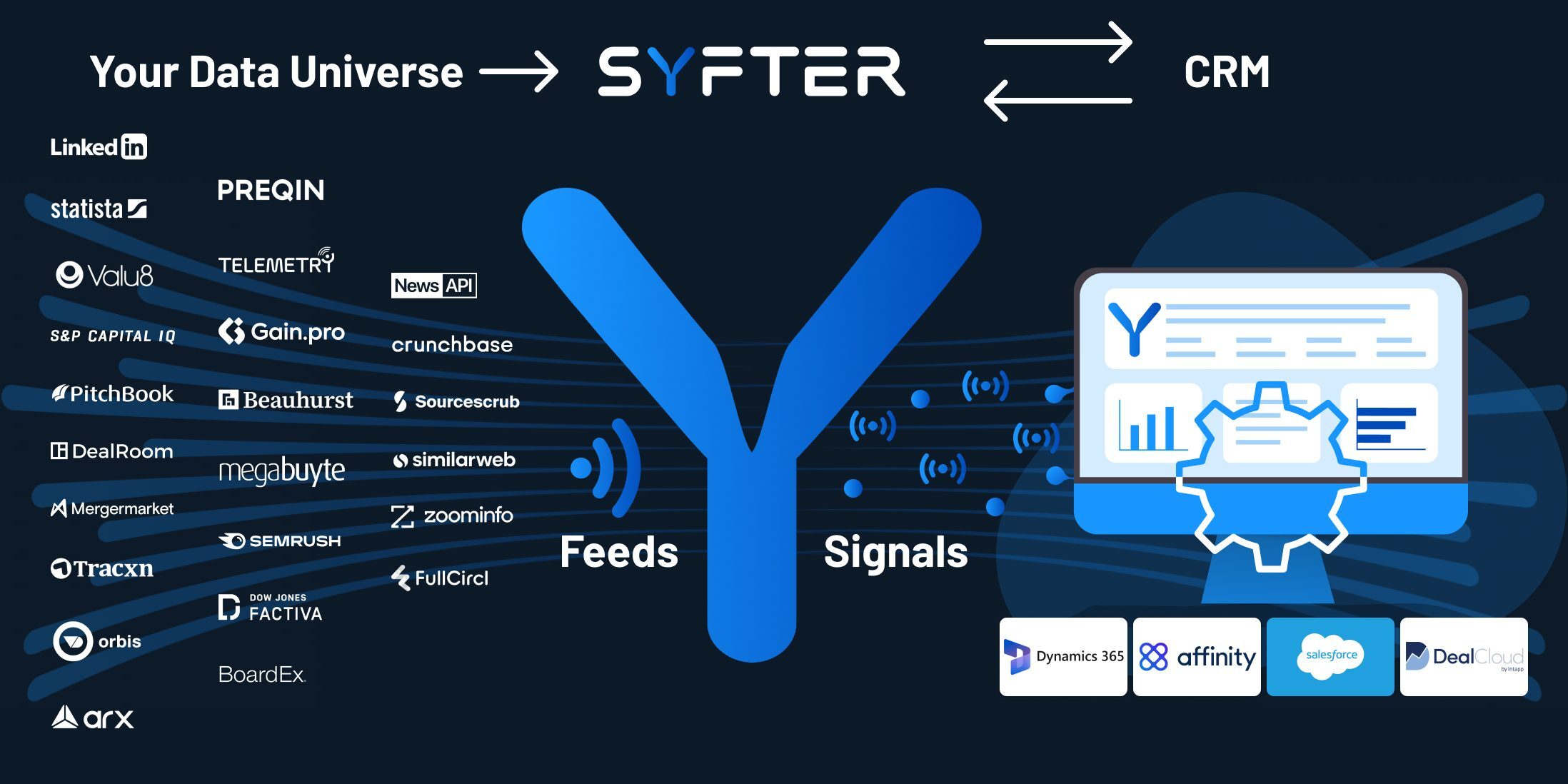The Applications of AI in Private Equity
Safa Abbas | 8th August 2023
A private equity (PE) firm’s portfolio includes many different companies, each with unique business problems.
PE firms have systems in place to research companies, identify investment opportunities and predict their potential for success; increasingly, tech-savvy firms are using machine learning techniques to further optimise and streamline these tasks. Using modern data and analytics techniques, PE firms can find effective solutions to the challenges they face now and in the future. We have seen a rapid rise in conversations about the impacts of AI technology, especially in the wake of LLMs such as OpenAI’s ChatGPT or Meta’s LLaMa.
But what are the specific impacts of ML in the private investment space? In this blog, I will discuss how AI could assist investors and share some research of technologies within this industry.
Saving Time
Whilst private equity and venture capital involve complex decision-making processes that often require human judgement and expertise, certain tasks could potentially be automated to save time and help analysts throughout the investment process.
In a recent article for VC Stack, Ajey Bhasker, outlines that the integration of ChatGPT could lead to marked enhancements in productivity for venture capitalists and angel investors. Ajey demonstrates how to best utilise ChatGPT and goes through the disadvantages such as confidentiality issues and outdated and false information output. While generalised AI models have showcased remarkable abilities spanning various subjects, they often lack the required depth and nuance for specific domains, making them more vulnerable to hallucinations. Despite the pace of developments, expert consensus is that model hallucination is a challenging problem to solve and is likely here to stay. A recent article by our CTO, Dr James Ravenscroft, discusses some of these issues and the impacts on private markets and the workflows of its analysts.
Other models that aren’t vulnerable to hallucinations do exist, however. The predictive power of an LLM can be combined with an “extractive” approach to produce useful analysis without hallucinations. For instance, Extractive Question Answering models identify relevant snippets of text from articles to answer posed questions, but unlike standard LLMs, are incapable of inventing spurious information. Filament AI recently partnered with the University of Warwick to create such a solution.
A paper by Allen H. Huang from HKUST explores the results of assessing how well different language processing tools understand sentiment. In natural language processing, sentiment refers to the emotional tone or attitude expressed in a text. It can be used to analyse the tone of financial news, particularly news related to predicting the behaviour and possible trend of stock markets. Additionally, it can be used to analyse the tweets of influential financial analysts and decision-makers, offering valuable insights into market sentiments and potential impacts on investments. For example, this paper assesses the performance of detecting negative sentiments from analyst reports; the sense of pessimism and uncertainty found in text can reflect a company’s overall performance and future prospects.
In Huang’s paper, traditional models are compared to the performance of a finance-specific language model, FinBERT, adapted to the financial domain. The training data includes financial-specific vocabulary, which would not be frequently used in general texts; among the models evaluated, FinBERT emerged as the clear frontrunner, achieving an impressive Accuracy of 88.2%. BERT followed closely with an Accuracy of 85.0% and an F1 score of 84.2%. The study also showed that FinBERT works better than the other models when training data is reduced.
As a general rule of thumb, developing domain-specific AI models can yield significant performance advantages over general models. General models like ChatGPT may not be as effective as models specifically trained for the target domain. Training a domain-specific model does require domain-specific training data, but fine-tuning a general model in this way often requires less than training a new model from scratch.
Supporting Decision Making
One of the significant uses of AI and ML in private equity is their ability to help investors predict startup success and identify potential financial distress. A recent study by Ivo Blohm and his team utilised the XGBoost algorithm and variable importance feature engineering to accurately predict bankruptcy in companies based on financial data. The researchers analysed various financial ratios, including solvency ratio, cash flow, and added value/equity, to create a predictive model that outperformed traditional methods across all time periods. This approach provides private equity investors valuable insights into risk assessment and investment strategies, improving decision-making processes and potentially increasing investment success rates.
Another intriguing aspect of AI and ML’s impact on private equity is their potential to reduce bias and enhance investment performance. In a comparative study between a state-of-the-art ML algorithm and 255 business angels (BAs) investing through an angel investment platform, the ML algorithm achieved a remarkable 7.26% average internal rate of return (IRR) compared to the BAs’ 2.56%. The research also explored decision biases among BAs, such as local bias (the tendency of investors to choose companies geographically nearby to them) and overconfidence (the tendency to ignore the risk associated with an investment). Interestingly, experienced BAs who successfully suppressed their decision biases demonstrated the ability to achieve better investment returns than the algorithms, highlighting the importance of combining AI-driven insights with human expertise to optimise investment strategies.
Conclusion
The studies presented above showcase the transformative power of these technologies in saving time, predicting startup success and minimising investment risk. Whilst AI technologies are no replacement for human professionals, analysts can vastly accelerate their investment decisions by leveraging these tools and techniques, giving them the information they need to make informed investment decisions quickly. As private equity firms embrace advanced algorithms and machine learning models, they position themselves at the forefront of data-driven investment decisions.









